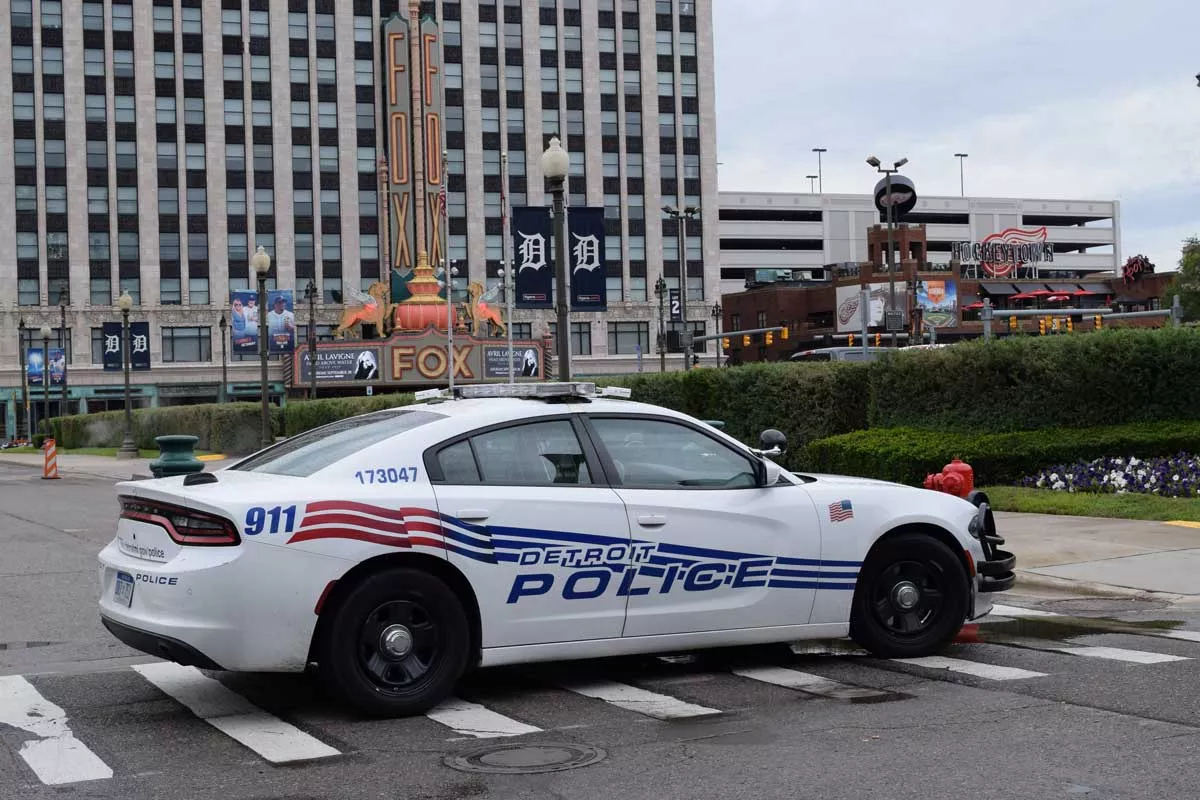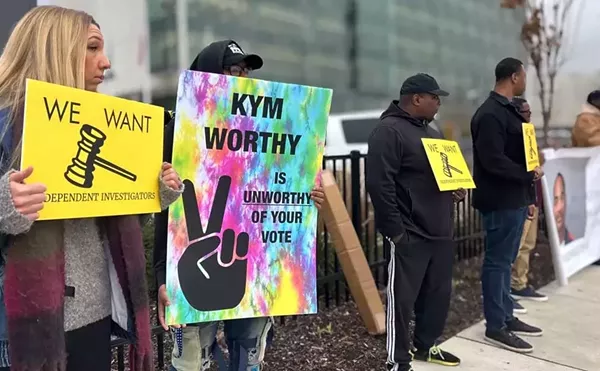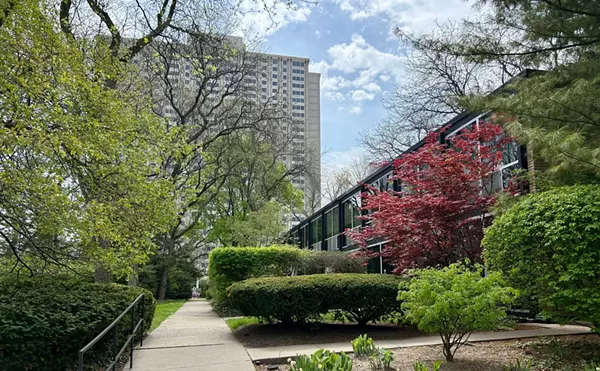Opinion: In 2024, Detroit’s ‘dangerous’ reputation is inaccurate and outdated
The politics of justice has to be about solutions, not fear


Audio By Carbonatix
[
{
"name": "GPT - Leaderboard - Inline - Content",
"component": "35519556",
"insertPoint": "5th",
"startingPoint": "3",
"requiredCountToDisplay": "3",
"maxInsertions": 100,
"adList": [
{
"adPreset": "LeaderboardInline"
}
]
}
]
“Our whole country will end up being like Detroit if she’s your president,” said Donald Trump at a campaign event at the Detroit Economic Club earlier last month. While the former President meant this line to instill fear for the future of American public safety if Vice President Kamala Harris defeats him, the reality is that much of the country would benefit from understanding the progress Detroit has made on crime.
Last year, Detroit recorded its lowest number of homicides since 1966 — alongside significant drops in carjackings and non-fatal shootings. Zooming out tells a similar story across the state, as Michigan returns to pre-pandemic crime levels and violent crime declines nationally as well. And for the first time in decades, Detroit’s population is growing. These promising results didn’t come out of nowhere.
They are the product of investments in many new initiatives and strategies and collaborations with community members. Last year, Detroit launched ShotStoppers to fund community violence intervention programs, which typically hire staff with lived experiences of violence and empower those individuals to intervene and peacefully resolve disputes before violence occurs, while also mentoring community members. The results speak for themselves, with homicides and non-fatal shootings dropping by as much as 72 percent in neighborhoods served by ShotStoppers.
As part of this program, in June of last year, Detroit Mayor Mike Duggan selected six groups to partner with the city on community violence prevention. These groups receive a quarterly budget, and there are potential increased-funding incentives for programs that meet violence reduction benchmarks. These powerful partnerships are producing results, prioritizing community based solutions, and investing in tactics proven to create safer communities.
But there is still more work to do, as indicated by a recent mass shooting on the city’s east side. Just last year, Vera Action polling found that nearly nine in 10 Michiganders believe that crime is a somewhat or very serious problem in the state. It’s a problem when people don’t feel secure in their homes, traveling to work or school, or going about their daily lives. Everyone deserves to be safe, no matter who or where they are, but many politicians and candidates continue to give us only scare tactics and empty rhetoric, seeking to divide us without offering real solutions.
With just days until the election, now is the time to call upon Michigan politicians and the media to tell the truth about Detroit — that there is more to do, but crime rates are declining as a result of the hard work being done by leaders and organizers. Michiganders do not want to see a repeat of 2022 when the Michigan Republican Party ran ads showing images of armed robbery, carjackings, police sirens, and physical violence. These scare tactics were intended to exploit voters’ fears, in hopes that they would associate Democrats with violence and danger. This strategy was unsuccessful as voters don’t want to be offered fear — they want real solutions. And if we look at Michigan’s most recent gubernatorial race, that statement becomes even clearer.
In 2022 Governor Gretchen Whitmer faced a “tough on crime” opponent who proposed investing $1 billion in new funding for police while lobbing attacks against Whitmer on the state of crime. Whitmer’s response was to lay hard into solutions, with ads mentioning increased resources for mental health services and getting illegal guns off the street. In the end, voters rejected the scare tactics, and by a wide margin.
Vera Action’s poll found that a majority of Michigan voters preferred community-driven solutions to crime — such as investments in jobs, housing, schools, and efforts to get illegal guns off the street — over “tough-on-crime” approaches. Michigan voters hear a lot about crime, but they know scare tactics from real solutions that truly keep their neighborhoods safe.
Dismantling a decades-old reputation won’t happen overnight, but we need to change the narrative around Detroit’s safety and security — especially as we close in on election day. If we shift the conversation from rhetoric that exploits people’s fears to instead focus on the solutions that have a track record of creating safer communities, we meet Michigan voters where they are and speak to the issues that matter to them — including much-needed reforms to the pretrial and juvenile justice systems and policing reforms that rectify racial disparities.
Crime in Detroit, and across the country, is not in the same place it was 10 years ago. We need candidates and news headlines to catch up. For political hopefuls to win this cycle, they have to refocus their messaging on solutions, not fear mongering.






